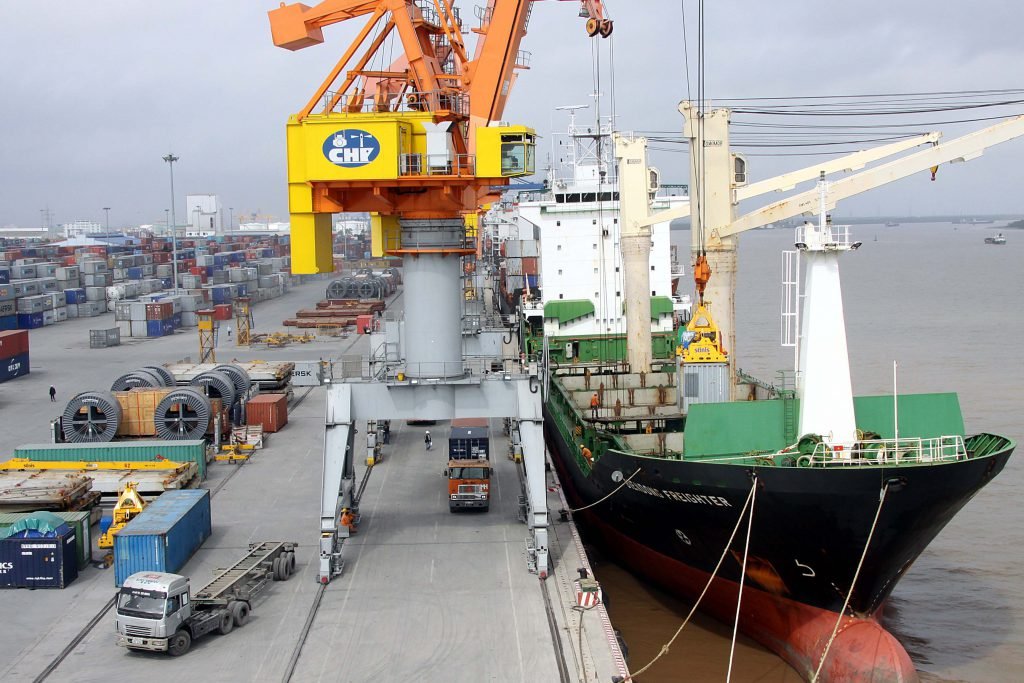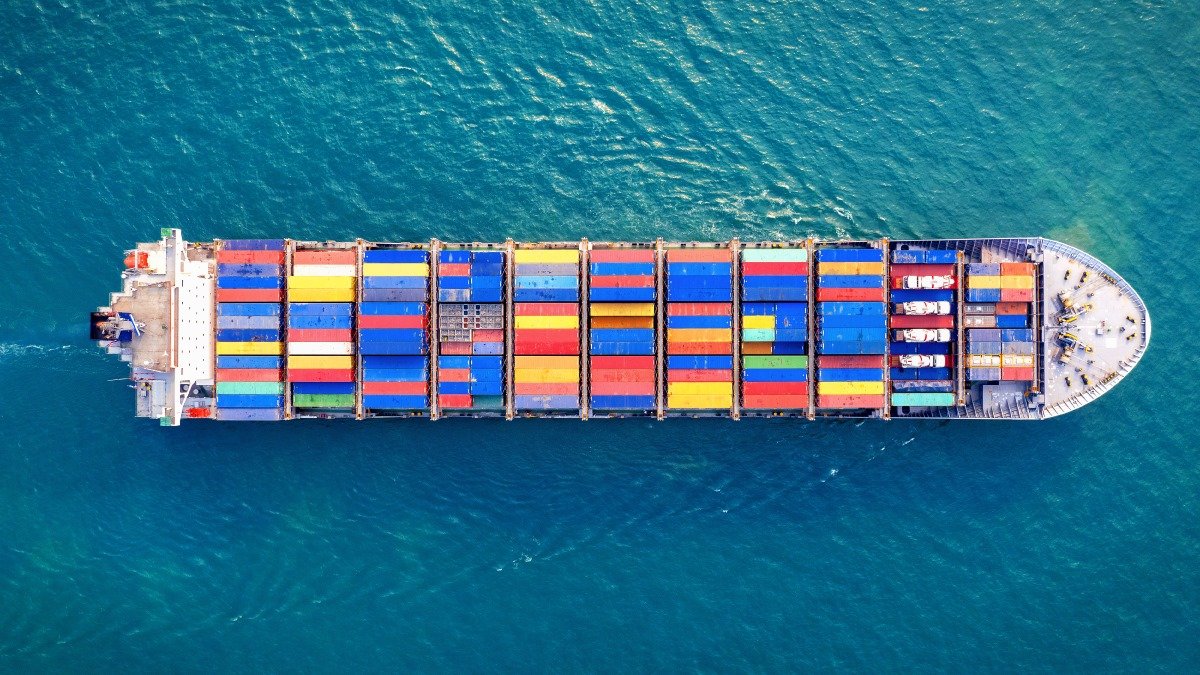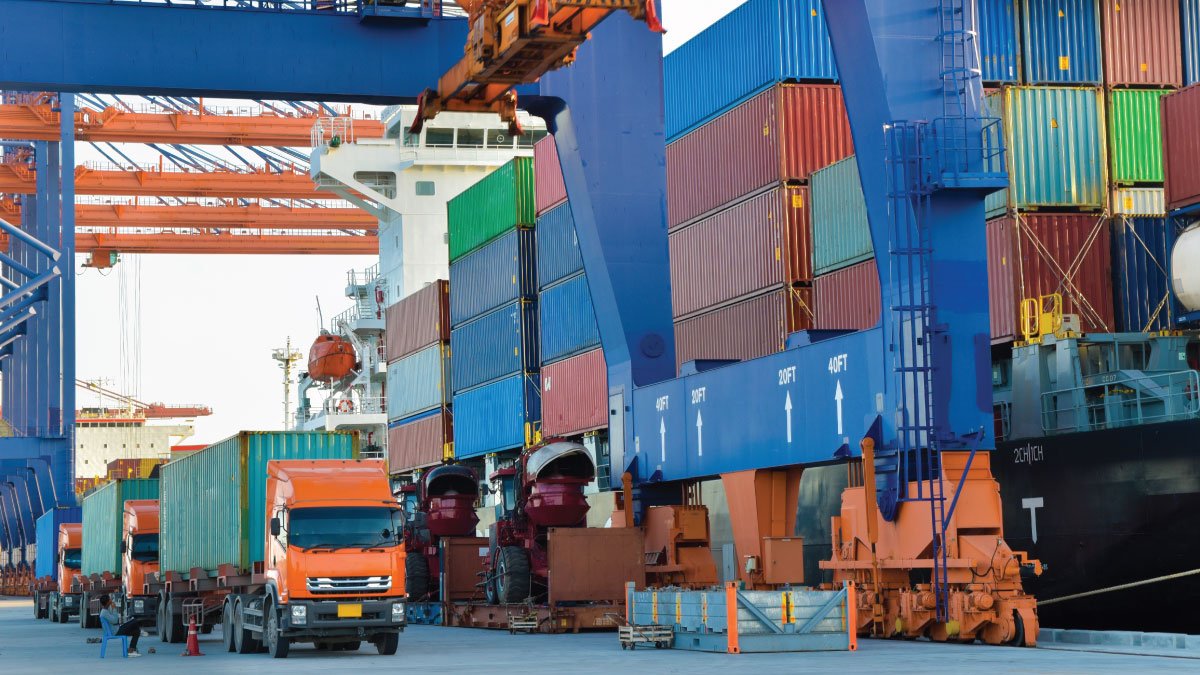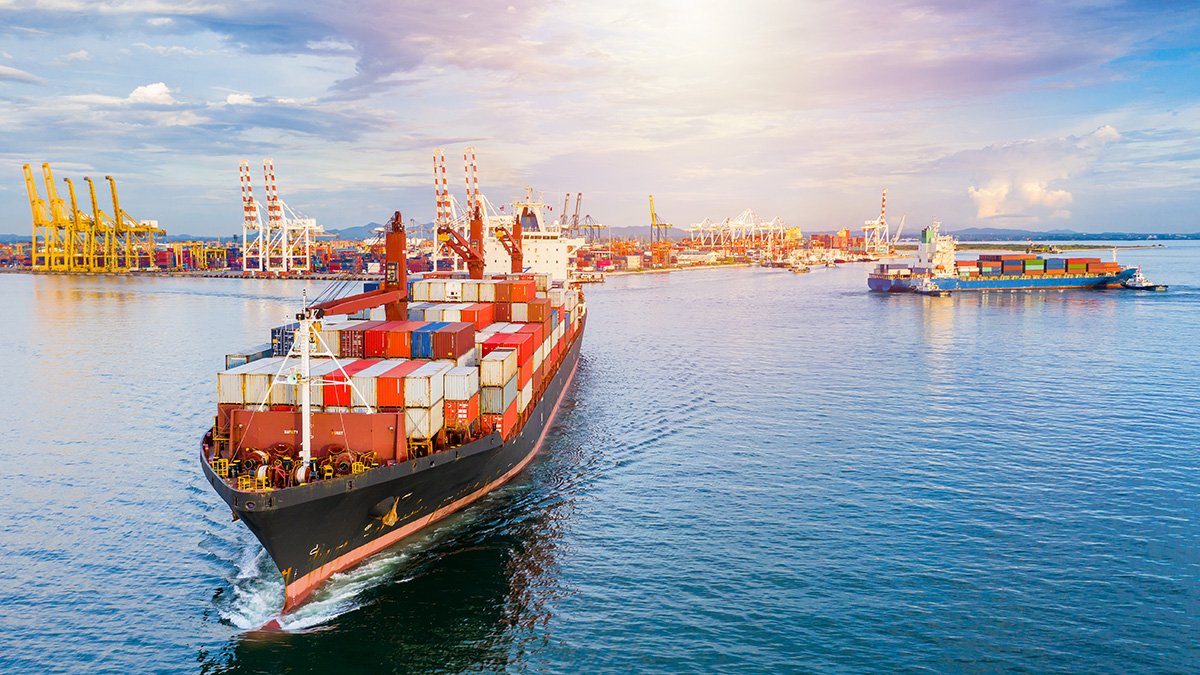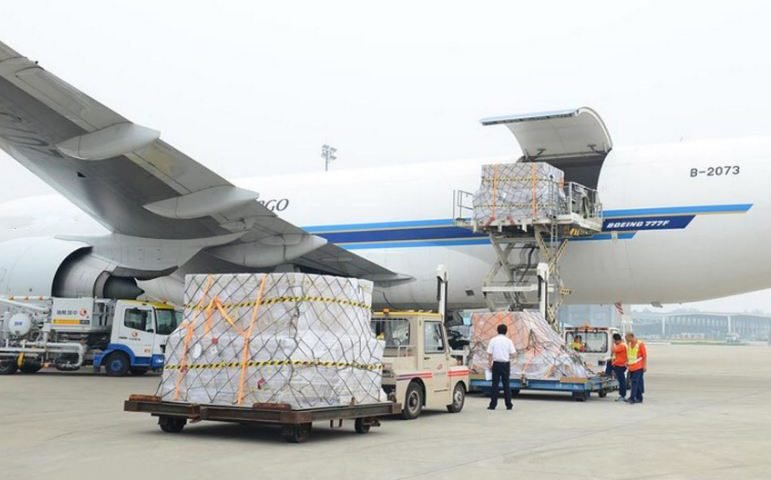Big opportunities for cross-border trucking and intra-Asia transportation services as RCEP was officially signed
The Regional Comprehensive Economic Partnership (RCEP) which was signed in mid-November 2020 opens a wide door of opportunity for cross-border and intra-Asia transportation services. Specialists have pointed out many potentials for the textile, fashion, processed food, chemicals, plastics, and auto parts industries under the agreement.

- RCEP and its potentials for Logistics
Intra-Asia container trades and cross-border trucking are set to be among the early beneficiaries from the implementation of the Regional Comprehensive Economic Partnership (RCEP) signed on 15 Nov 2020 by 15 member countries, including China, Japan, and South Korea.
Jonathan Mummery, a maritime analyst at Dynamar, told that the RCEP agreement could generate an extra 2.2 million TEU in container volumes in the intra-Asia market. That would be in addition to underlying growth in regional volumes.
“This corresponds to around 5.2 percent of 2019 intra-Asia volumes of 42.7 million TEU,” he said.
Mummery added that overall, the RCEP agreement could boost total global container volumes by nearly 2 percent, or 3.3 million TEU by 2030, according to Dynamar estimates. That compares with total global volumes of 169 million TEU in 2019, he said.
Intra-Asia is already the biggest container shipping market in the world, growing from 31.6 million TEU in 2014 to 42.7 million TEU in 2019.
- A boost for textiles, garments, auto parts
Regional shipments of textiles, garments, chemicals, plastics, processed foods, and auto parts are also likely to be among the products that see a surge in volumes shipped by carriers, analysts and forwarders said following early cuts in tariffs.
“China will eliminate tariffs on over 100 tariff lines for Japanese fibers, fabrics, and yarn in the first year when the RCEP comes into force,” while tariffs will be cut or eliminated on 92 percent of goods traded in Asia, according to a research report published last week by Hong Kong’s Fung Business Intelligence.
“Tariffs on 86 percent of Japanese goods exported to China will be eliminated. This promises big benefits for Japanese manufacturers, such as auto parts suppliers,” Regine Picard, senior vice president global freight management at LF Logistics, told JOC.com.
“The other area we see positive development as a result of RCEP is in cross-border trucking,” she added. “With the removal of trade barriers, simplified customs procedures, and investment in infrastructure, we expect increased demand for cross-border trucking between southeast Asia and China and within intra-southeast Asia.”
The cross-border trucking market is currently worth an estimated $2 billion a year, but that is set to grow to $4 billion a year by 2023, according to an ASEAN study.
Harmonization of the rules set to accelerate the shift of manufacturing away from China to other countries in the region, expediting economic and trade integration in the region, the Fung report added.



